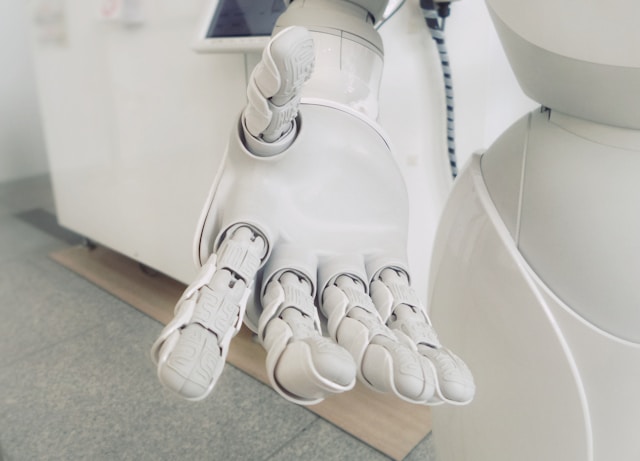Researchers caution that the proliferation of AI-generated content could lead to “model collapse,” reducing the effectiveness of systems like ChatGPT
Researchers are raising alarms about the potential collapse of artificial intelligence systems due to a growing phenomenon known as “model collapse.” As AI-generated content floods the internet, these systems might degrade into producing meaningless or nonsensical outputs.
The excitement surrounding AI text generators like OpenAI’s ChatGPT has driven a surge in the creation and publication of content by these systems. This influx of AI-produced material has led to a scenario where AI models are trained on datasets that increasingly consist of content generated by other AI systems. This creates a cyclical problem where AI is both producing and consuming its own output, potentially leading to a decline in quality and relevance.
Embed from Getty ImagesRecent research has highlighted this issue, demonstrating how quickly AI models can degrade into producing gibberish. In one study, an AI system trained on medieval architecture text began generating repetitive and irrelevant content—such as a list of jackrabbits—after just nine iterations of generating and training on its own output. This rapid decline underscores the fragility of these systems when exposed to recursive content generation.
The concept of “model collapse” refers to this degradation process, where the quality and diversity of the AI’s output diminish as the system continually trains on its own increasingly uniform data. Researchers, including those not directly involved in the study, suggest that this collapse occurs because less common data points become increasingly marginalized, leading the model to generate repetitive and irrelevant content.
AI systems like ChatGPT and Google’s Gemini are particularly vulnerable to this issue. As these models recycle and train on their own generated data, they risk losing the rich diversity of human-generated content. This could result in outputs that fail to reflect the broad spectrum of knowledge and perspectives, marginalizing less represented viewpoints and producing less useful information.
The implications of model collapse extend beyond the immediate effectiveness of AI systems. If unchecked, this phenomenon could erode the value of AI-generated content and impact the broader ecosystem of internet information. Researchers argue that addressing this issue is crucial to preserving the benefits of large-scale data training.
Potential solutions to mitigate model collapse include implementing watermarking techniques to identify and filter out AI-generated content from training datasets. However, these methods face challenges, such as the ease with which watermarks can be removed and the reluctance of AI companies to collaborate on such solutions.
The study, titled “AI Models Collapse When Trained on Recursively Generated Data,” is published in Nature. It serves as a crucial reminder of the need for ongoing vigilance and innovation to ensure that AI systems remain reliable and effective.
Analysis:
- Political: The issue of model collapse in AI systems could have significant political implications, particularly in the context of information integrity and media manipulation. As AI-generated content becomes more prevalent, there is a risk of amplifying misinformation or biased narratives, which could influence public opinion and democratic processes. Ensuring the reliability of AI outputs is critical for maintaining informed citizenry and democratic accountability.
- Social: Socially, the potential collapse of AI systems could impact how people interact with and trust digital content. As AI-generated content becomes more dominant, the risk of encountering unreliable or nonsensical information increases. This could undermine public confidence in online information sources and affect how people perceive and engage with digital media.
- Racial: The degradation of AI systems may exacerbate existing biases in AI outputs, particularly if the recycled data disproportionately represents certain racial or cultural perspectives. If less diverse content becomes predominant, it could lead to the erasure of marginalized voices and perspectives, further entrenching existing inequalities and reducing the representation of diverse experiences.
- Gender: Similar to racial issues, the collapse of AI models could affect gender representation in digital content. As AI systems generate and train on recycled data, there is a risk that gendered perspectives, especially those of less represented genders, could be marginalized or omitted. This could impact the inclusivity of AI-generated content and perpetuate existing gender biases.
- Economic: Economically, model collapse could affect businesses that rely on AI systems for content generation, customer service, and other applications. As AI tools become less effective and produce lower-quality outputs, companies may face increased costs for maintaining and improving these systems. Additionally, businesses may need to invest in new technologies or strategies to address the challenges posed by model collapse and ensure the reliability of their digital assets.
